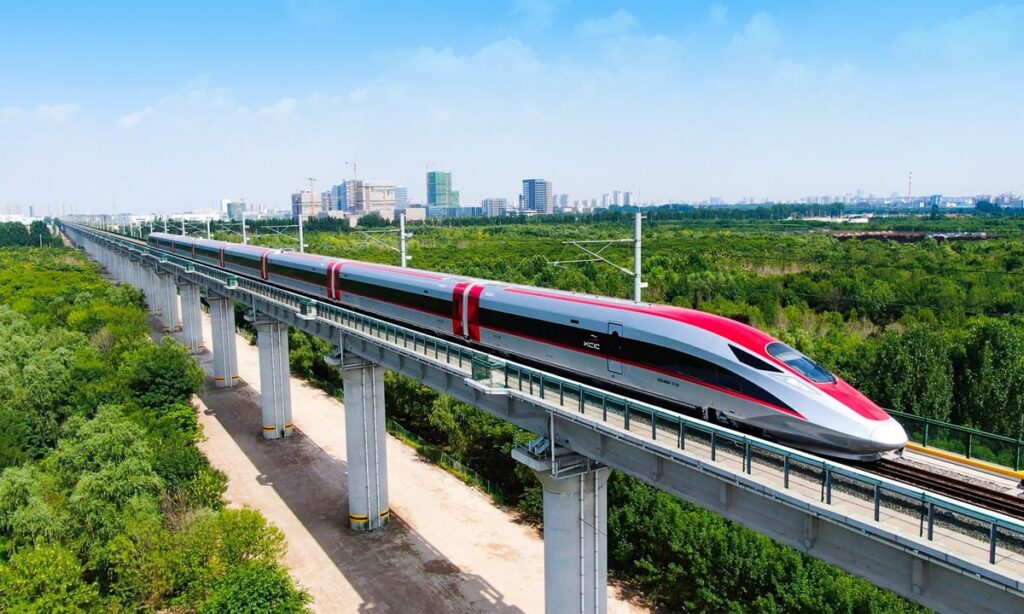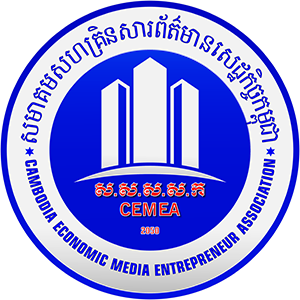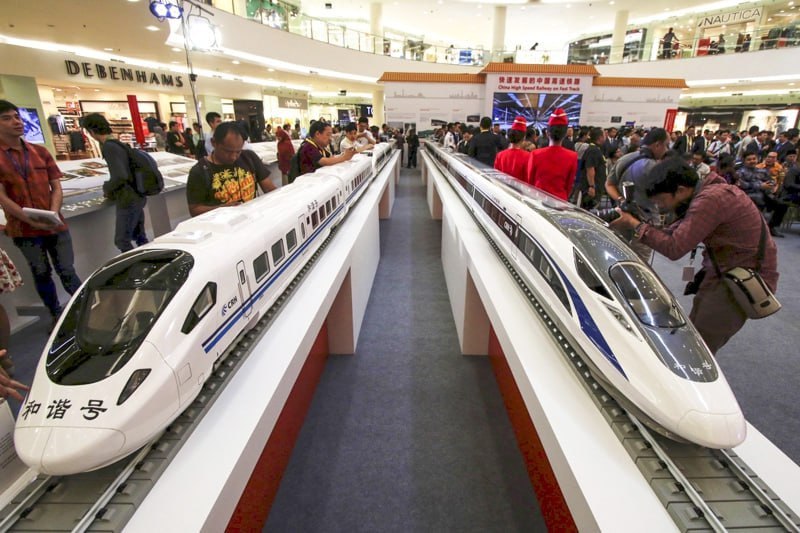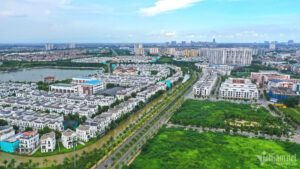Leading Japanese conglomerate Hitachi is set to intensify its efforts to expand its presence in Asia’s railway market, directly competing with China, the region’s dominant key infrastructure provider.

Hitachi’s strategic focus centers on expanding its presence in Singapore, Malaysia, and India. The company’s ambitions were highlighted on June 19 by Giuseppe Marino, head of Hitachi’s railway systems business and CEO of Hitachi Rail.
The move follows its recent acquisition — completed on May 31 — of Thales Group’s rail signal business. It was a strategic maneuver aimed at enhancing its global footprint and competitiveness.
The new acquisition follows Hitachi’s earlier buyouts of AnsaldoBreda and STS from Italy’s Finmeccanica and consolidates their capabilities in rolling stock, signaling, ticketing systems, and digital services.
While Hitachi, a manufacturer of Japan’s Shinkansen bullet trains, maintains a robust presence in Japan, the UK, and Italy, the acquisition of Thales’ signal business expands its reach into new markets, including France, Germany, Canada, and across Asia, including Singapore and Malaysia.
“We can offer a very integrated system that is connected,” Marino stated, emphasizing the appeal of a comprehensive ‘key-ready’ solution to customers who prefer streamlined procurement processes.
Hitachi’s expansion strategy in Southeast Asia puts it in direct competition with China’s state-owned giant, CRRC Corporation Limited, which is involved in high-speed rail projects across the region.
CRRC has spearheaded high-speed railway initiatives in Indonesia and Thailand and expressed interest in linking Kuala Lumpur to Singapore through high-speed rail. It is a project where Japanese companies have yet to submit proposals.
“We are scouting,” Marino commented in response to the Malaysian high-speed rail plans, indicating Hitachi’s proactive stance in exploring new opportunities amid China’s ambitious Belt and Road initiative, which aims to expand its influence through infrastructure projects like the East Coast Rail Link (ECRL).
Source: Eurasian Times




